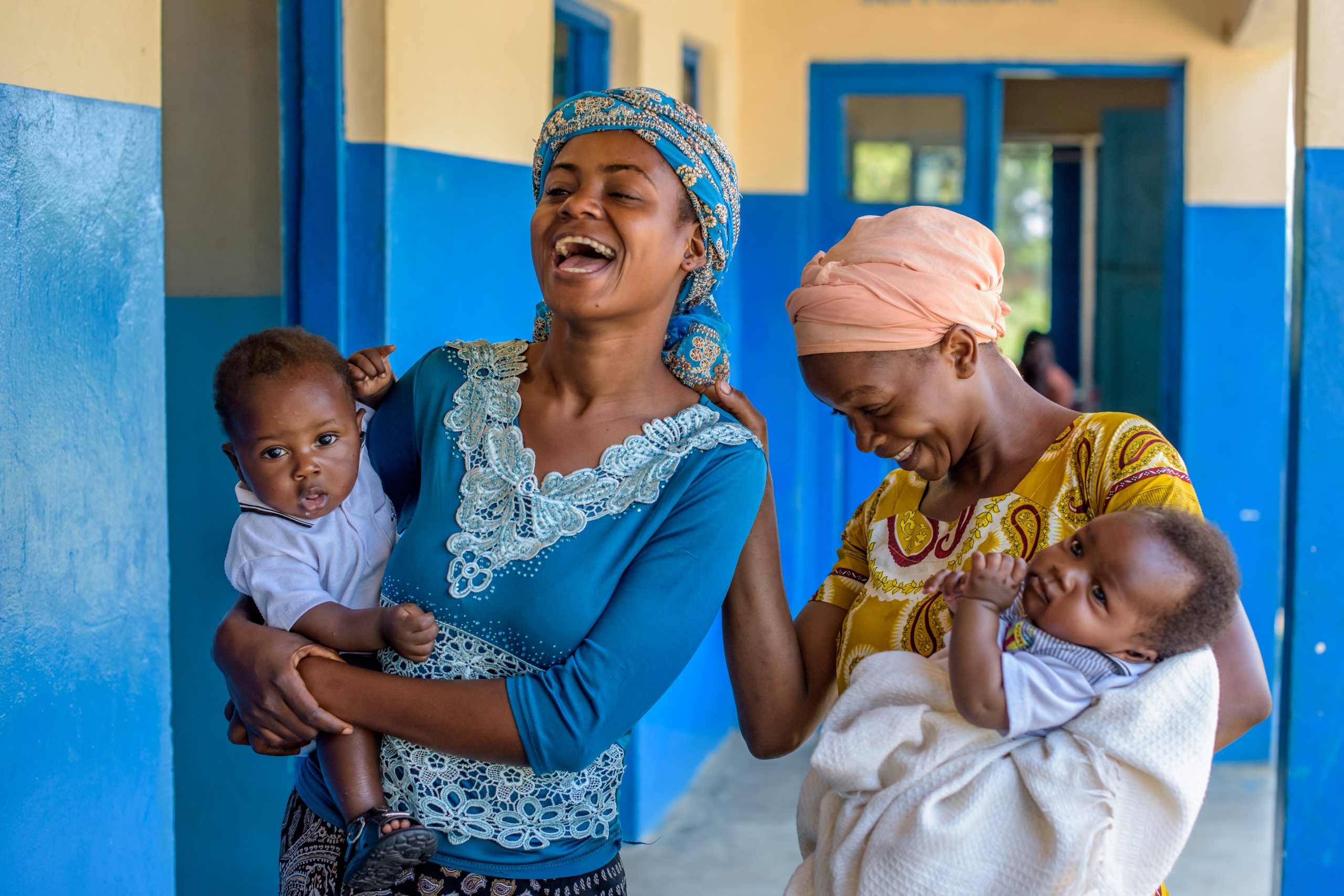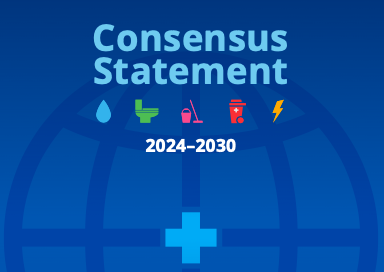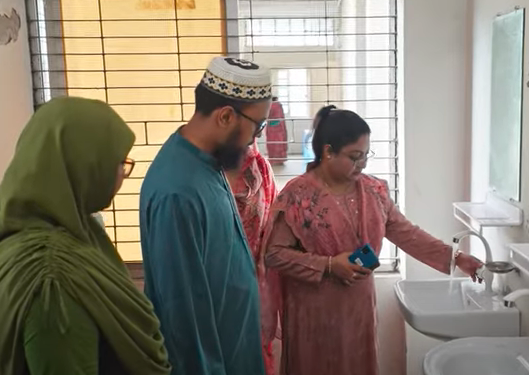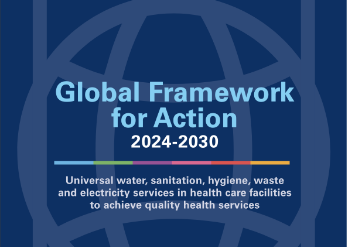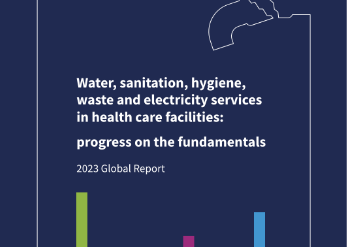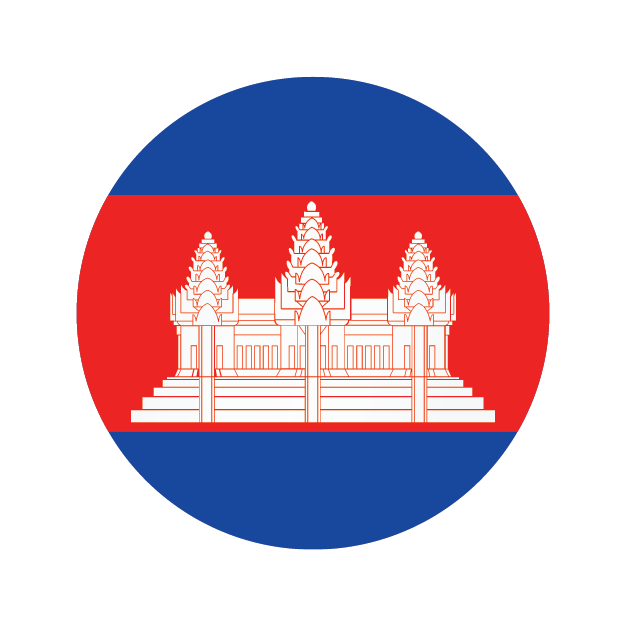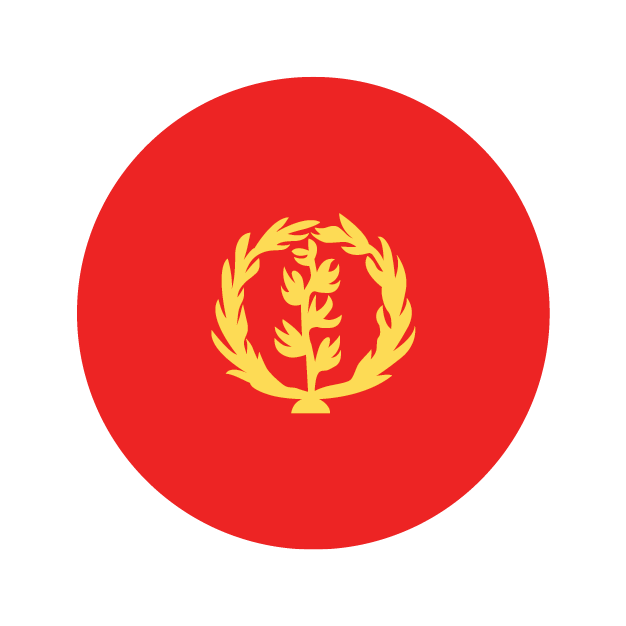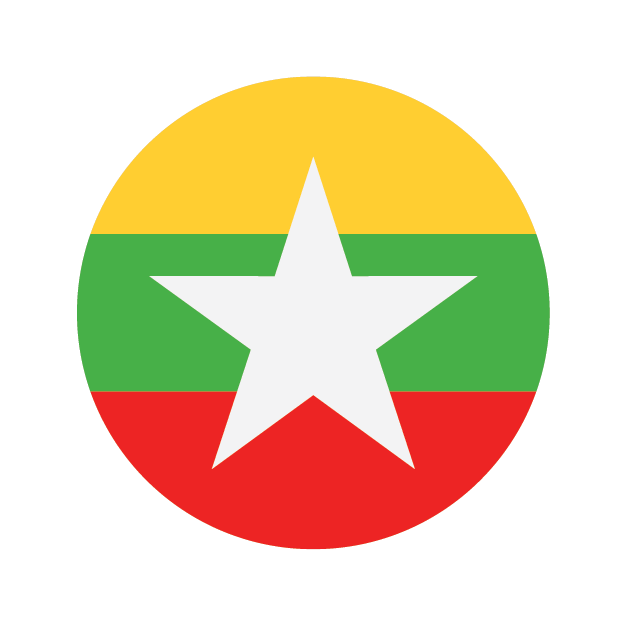Global Framework for Urban Water, Sanitation and Hygiene
30.12.2019
Global Framework for Urban Water, Sanitation and Hygiene has been developed in recognition that Urban WASH is an emerging area of focus in Global UNICEF Strategy for WASH 2016-2030. The Framework creates a common vision for UNICEF’s approach to Urban WASH programming. It is expected to support country, regional and global WASH teams to have a clear and shared sense of direction and common purpose in efforts to secure engagement in supporting the most marginalized urban children and their families with WASH services.
This framework is designed to offer opportunities for partnerships and an alignment of approaches for addressing WASH challenges in urban areas including WASH in healthcare facilities. Thus, the document is useful for advocacy and raising awareness of UNICEF’s priorities and plans for urban WASH interventions while supporting engagement with external partners to move forward the global urban WASH agenda collectively. The framework mentions the assessment of WASH service delivery in urban healthcare facilities and public institutions (markets, public transport hubs/motor parks etc.) to be among the potential entry points and priority activities by programme thematic area, for service-level support, for engaging in urban WASH. It would equally serve as a basis for evidence generation.
